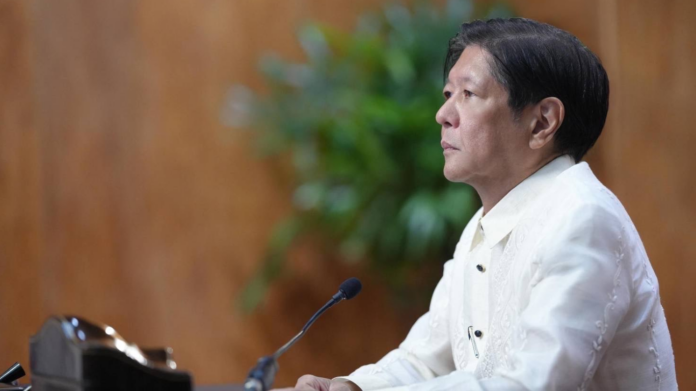A Foreign Direct Investment, or FDI, is when foreign businesses put their money into a country, whether by building factories, setting up offices, or funding local projects. It is a vital driver of economic growth, creating jobs, advancing technology, and fueling infrastructure development.
However, FDI has been unpredictable during the first few years of Ferdinand Marcos Jr.’s presidency, reflecting persistent challenges in attracting and retaining foreign capital.
In 2023, FDI inflows fell by 6.6%, totaling $8.9 billion compared to $9.5 billion in 2022. This decline was largely attributed to global uncertainties and internal issues that have deterred investors. By September 2024, monthly inflows had dropped sharply by 36.2% year-on-year, from $577 million to $368 million.
Despite this, FDI inflows for the first nine months of 2024 slightly improved by 3.8%, reaching $6.7 billion, up from $6.4 billion during the same period in 2023. These fluctuations highlight a volatile investment climate and the ongoing struggle to build sustained investor confidence.
Several key factors that contribute to investor hesitation were underscored by the US Department of State in their 2024 Investment Climate Statement on the Philippines that was released earlier this year. One major concern is policy inconsistency, with delays in flagship infrastructure projects under the “Build, Better, More” program and unclear priorities in renewable energy and taxation reform.
These issues create uncertainty, making it difficult for investors to plan long-term. Governance challenges, including bureaucratic inefficiencies, corruption, and slow regulatory processes, further erode confidence.
Although initiatives like those by the Philippine Economic Zone Authority (PEZA) aim to improve efficiency, the country’s broader investment environment still lags behind regional competitors like Vietnam and Indonesia, which offer clearer policies and reduced red tape.
The decline in FDI has serious consequences. Without significant inflows, the Philippines risks missing opportunities for job creation, infrastructure improvements, technological advancements, and limits economic growth and long-term potential.
As midterm elections approach, the Marcos administration faces mounting pressure to address these barriers and deliver reforms. If no decisive action is taken, the country risks falling further behind in the increasingly competitive global race for foreign investment.
The stakes have never been higher.



